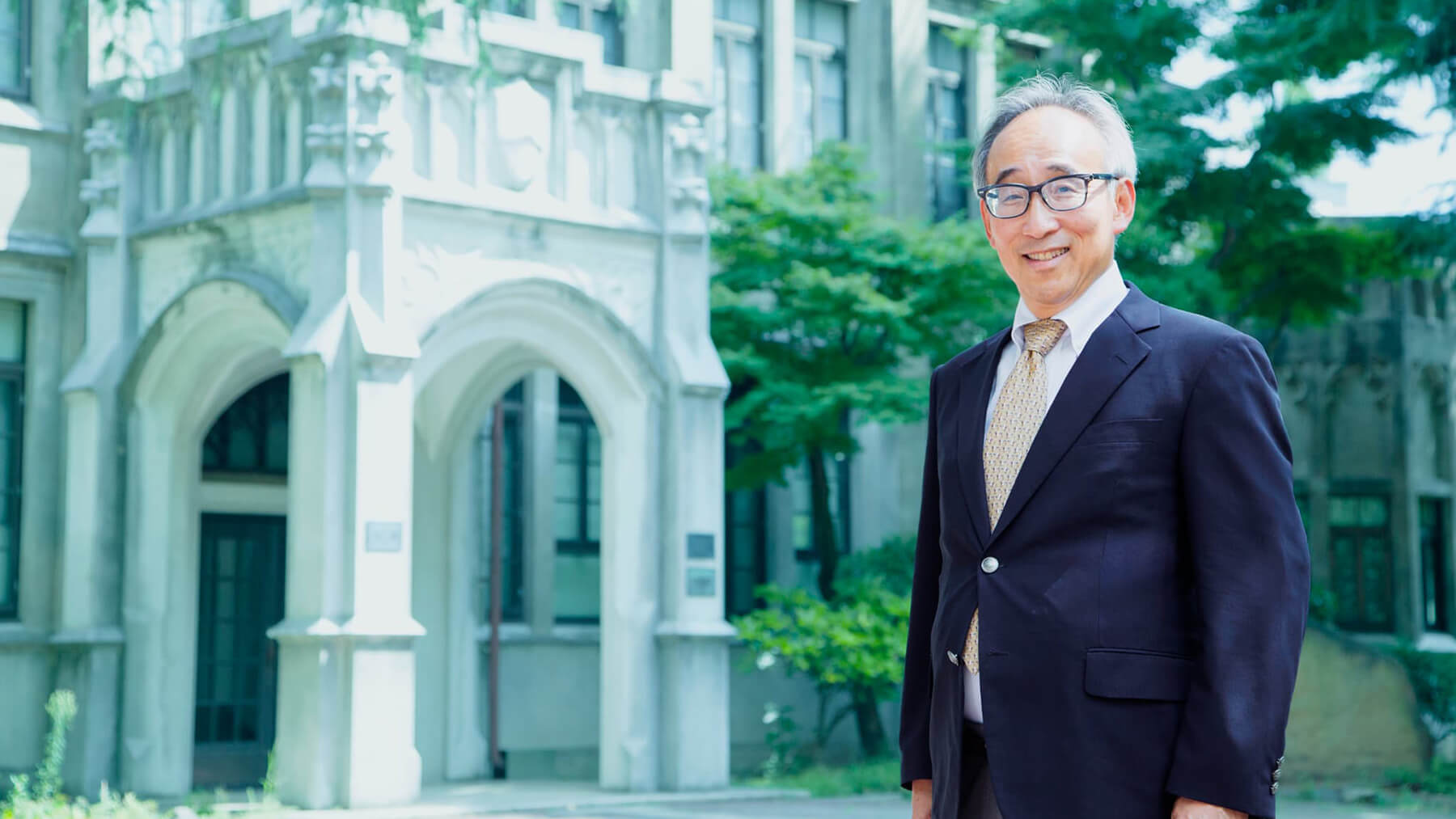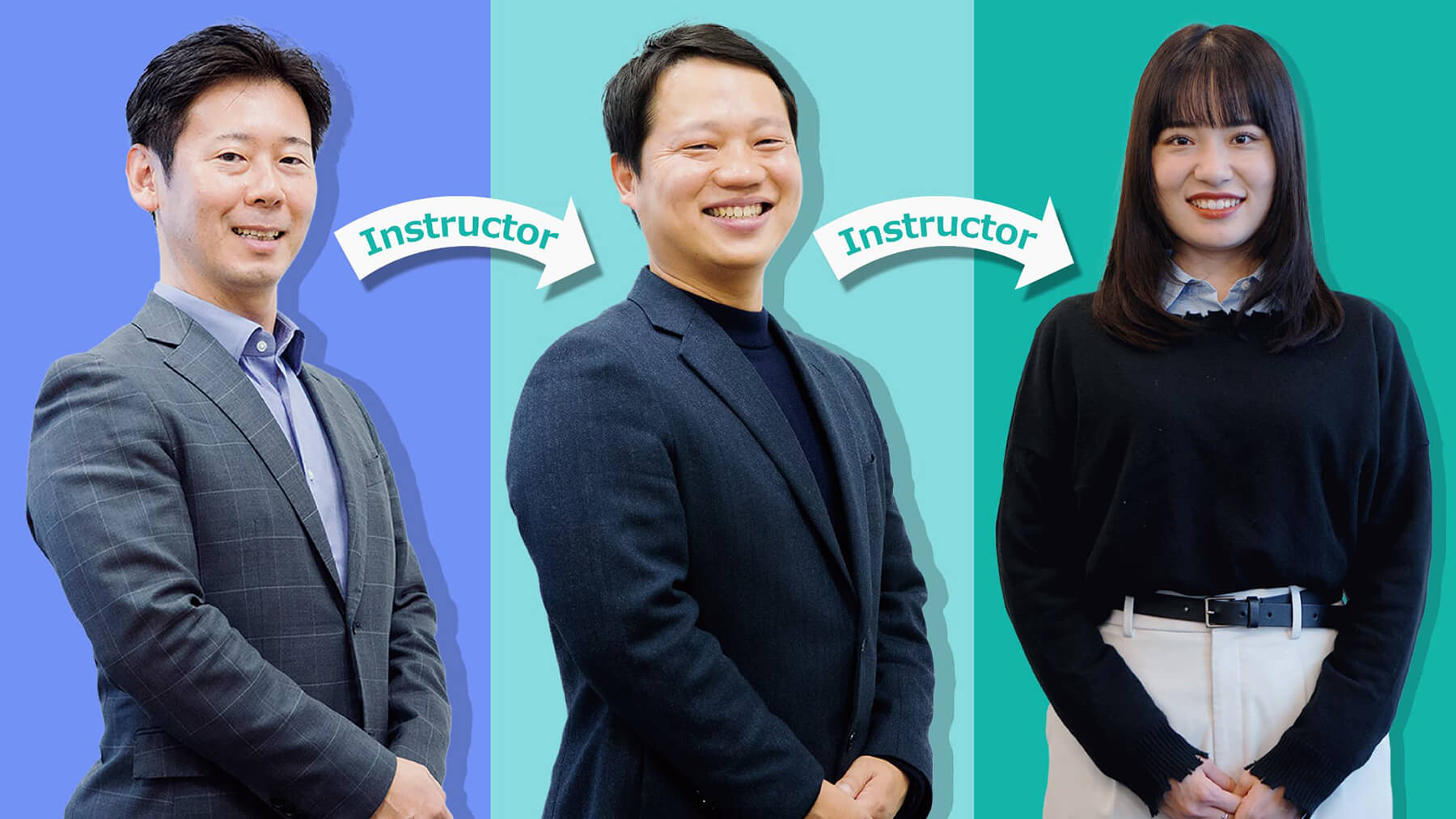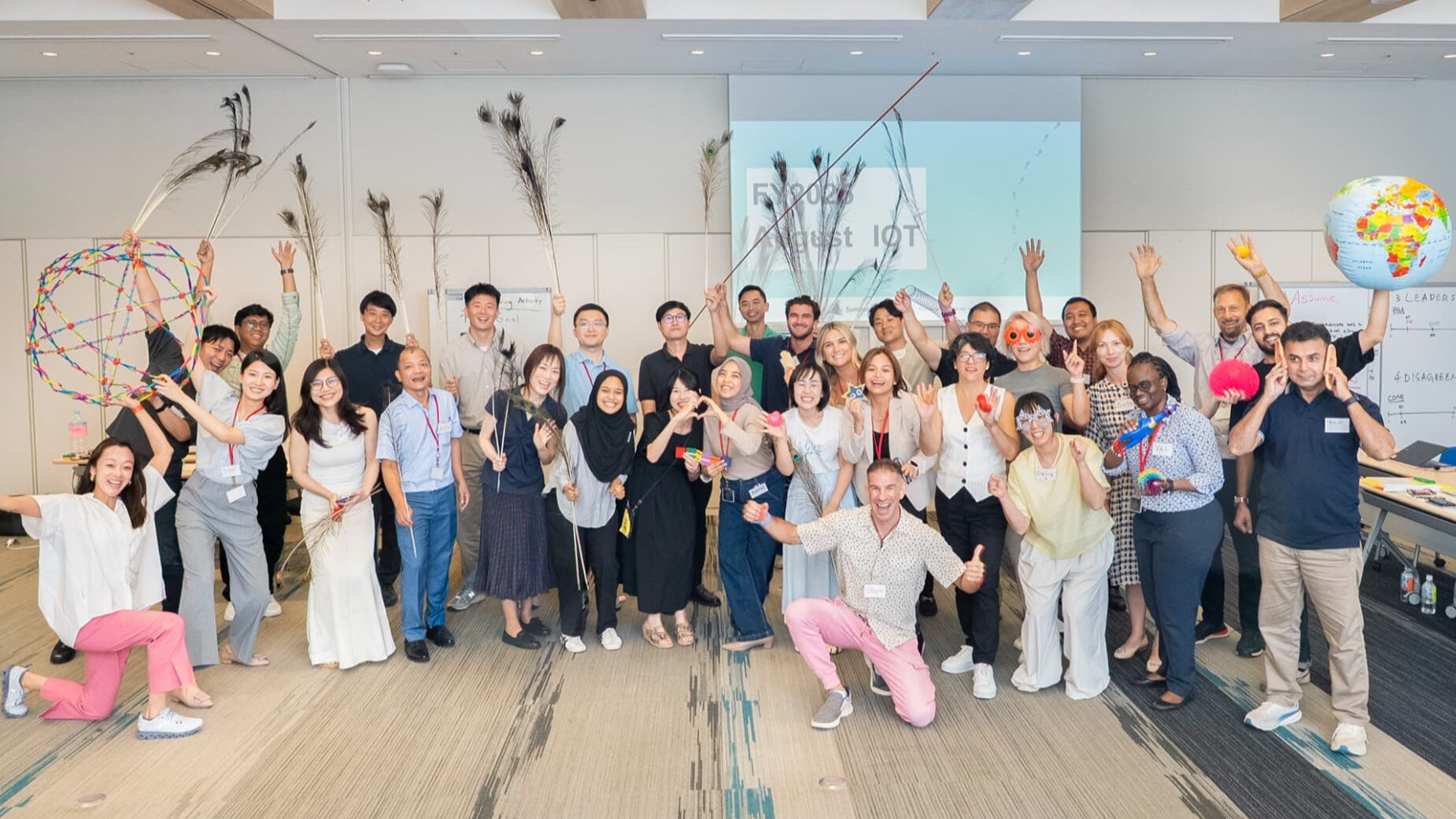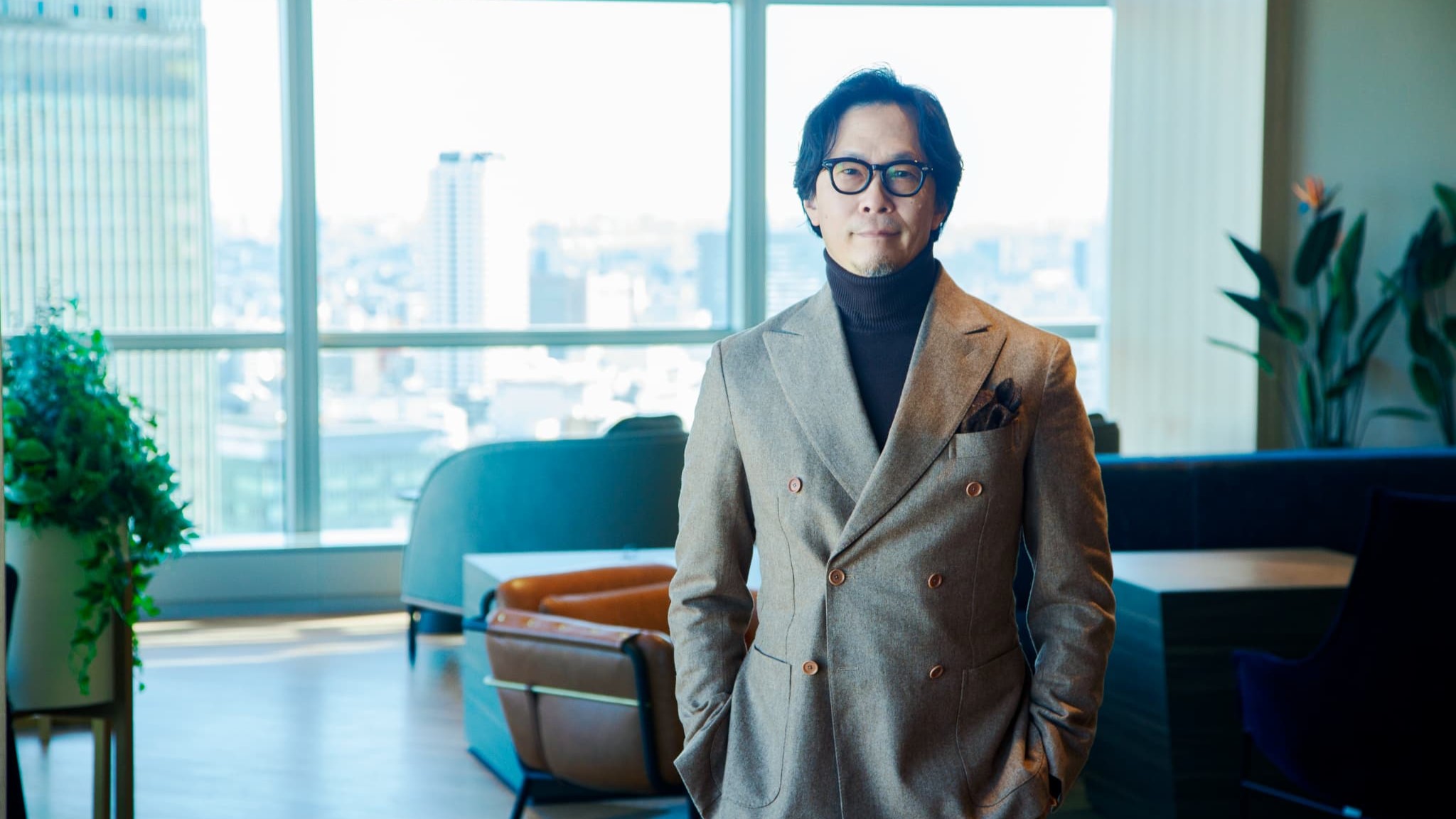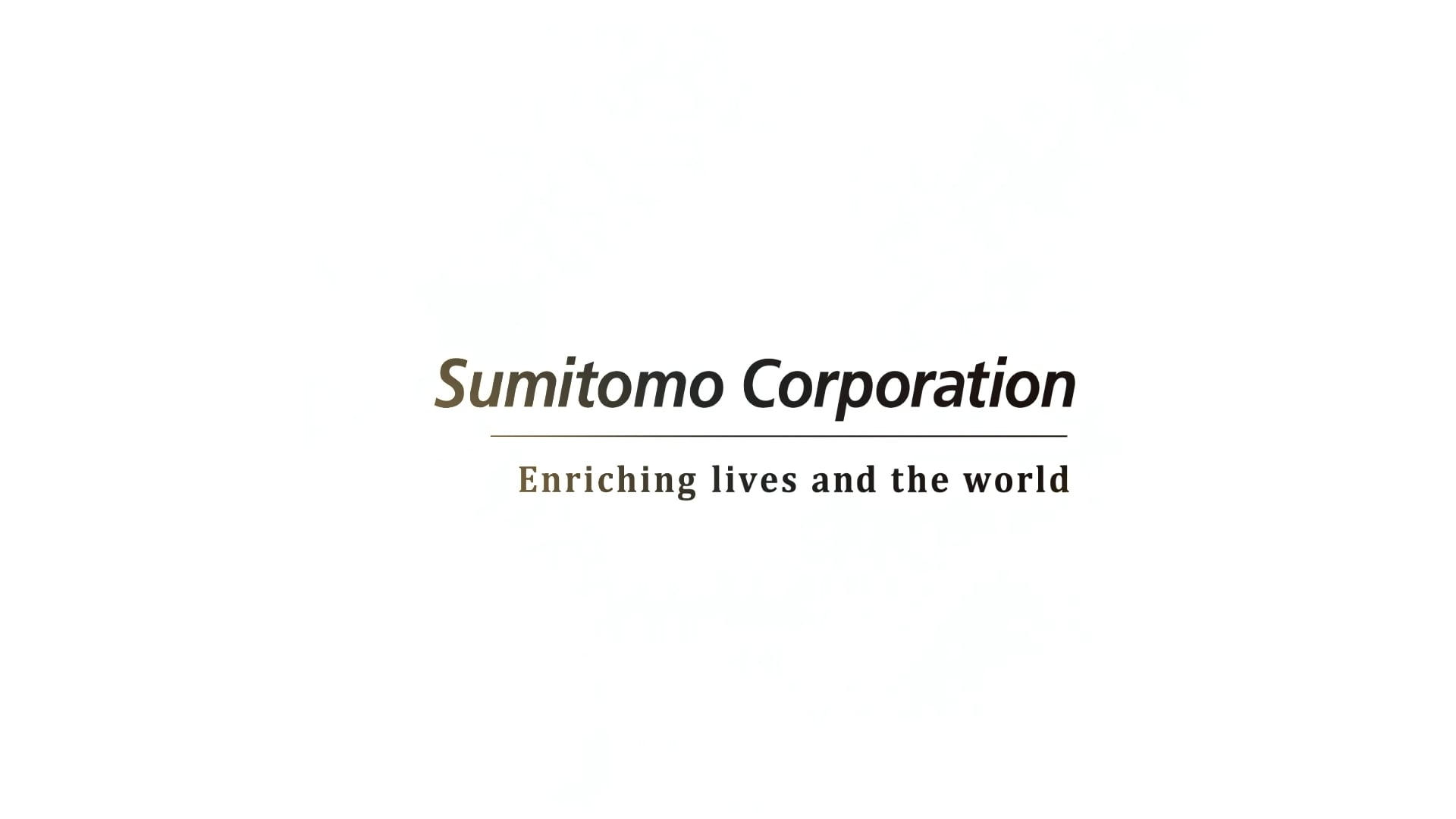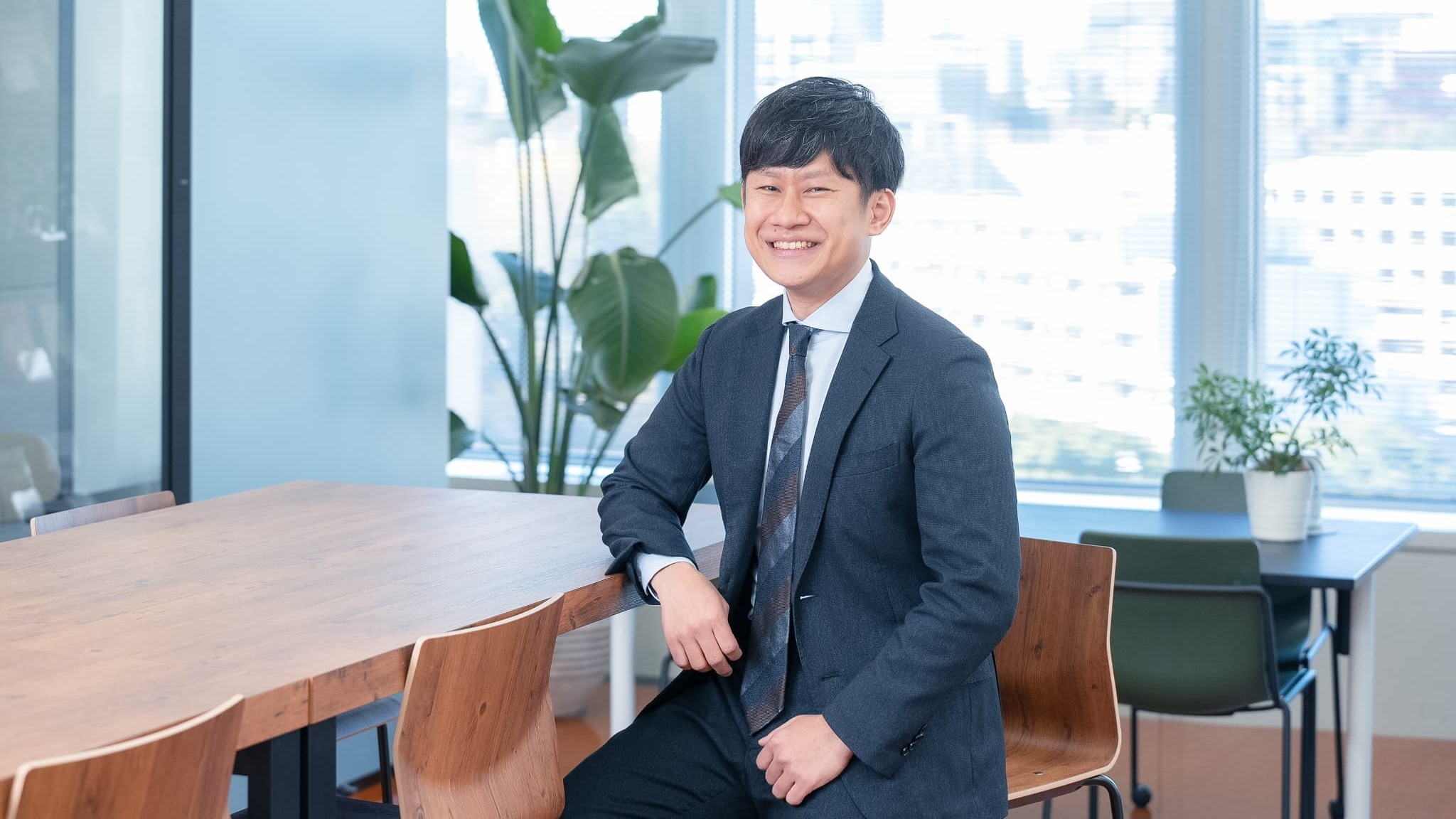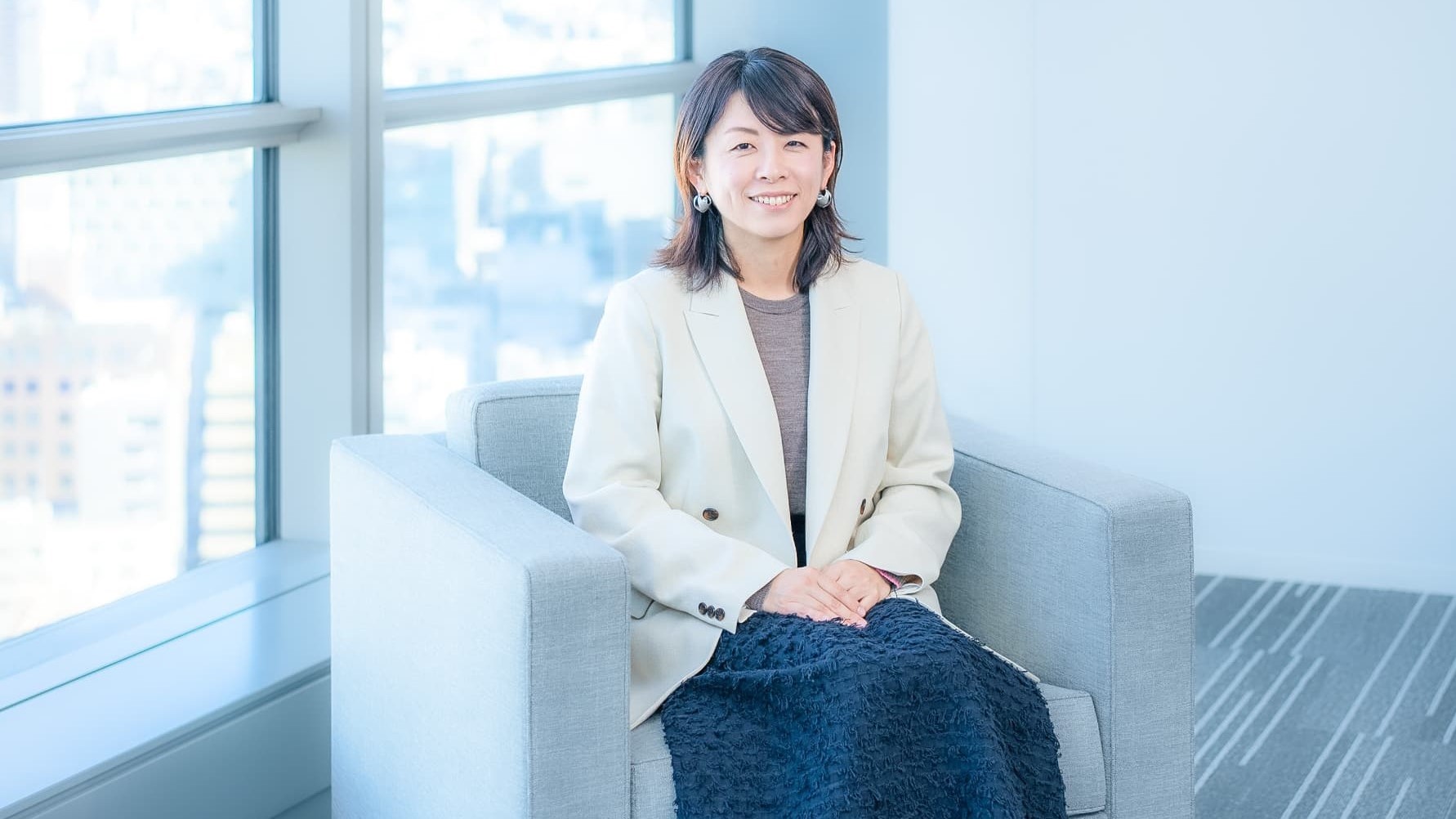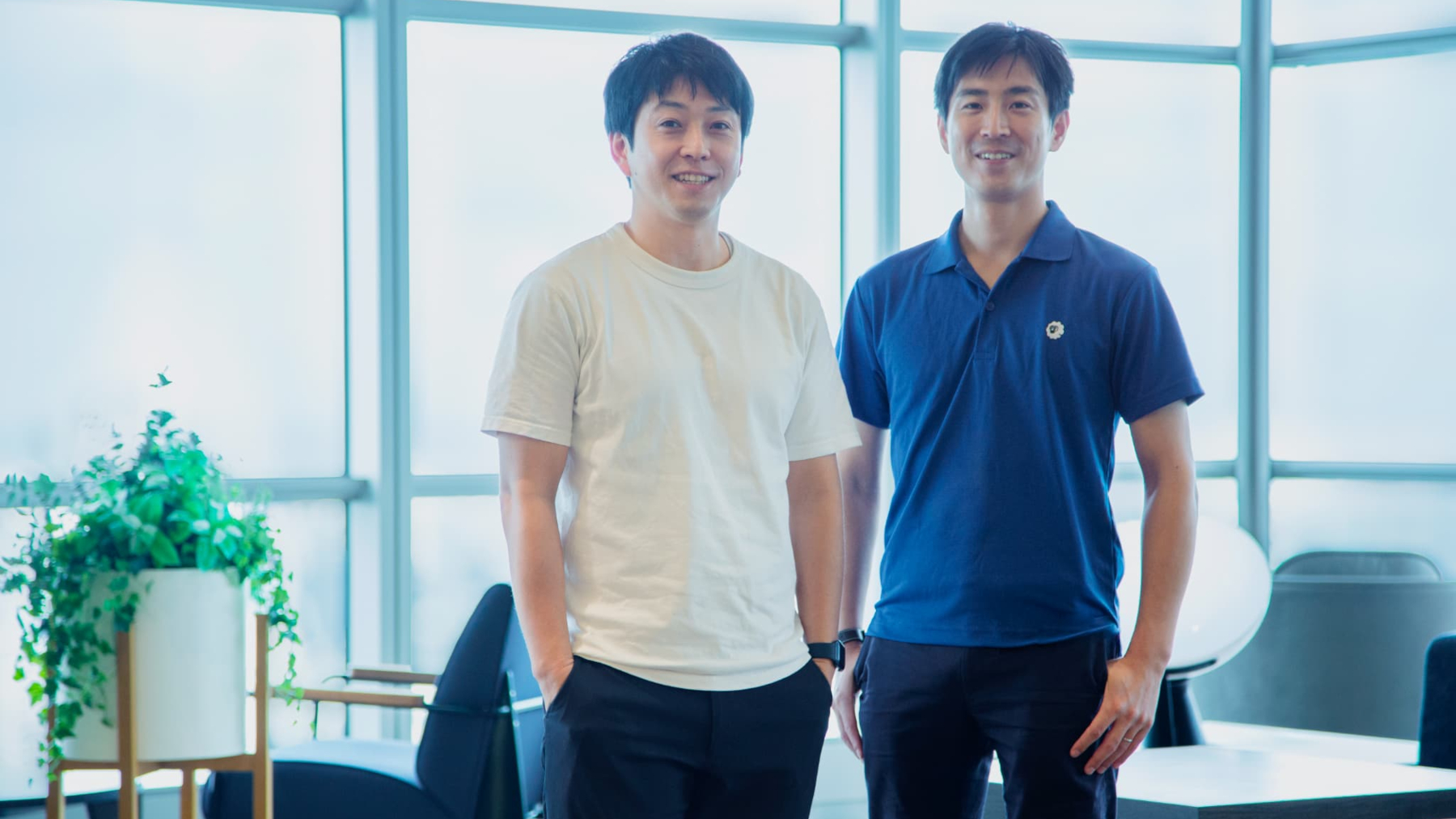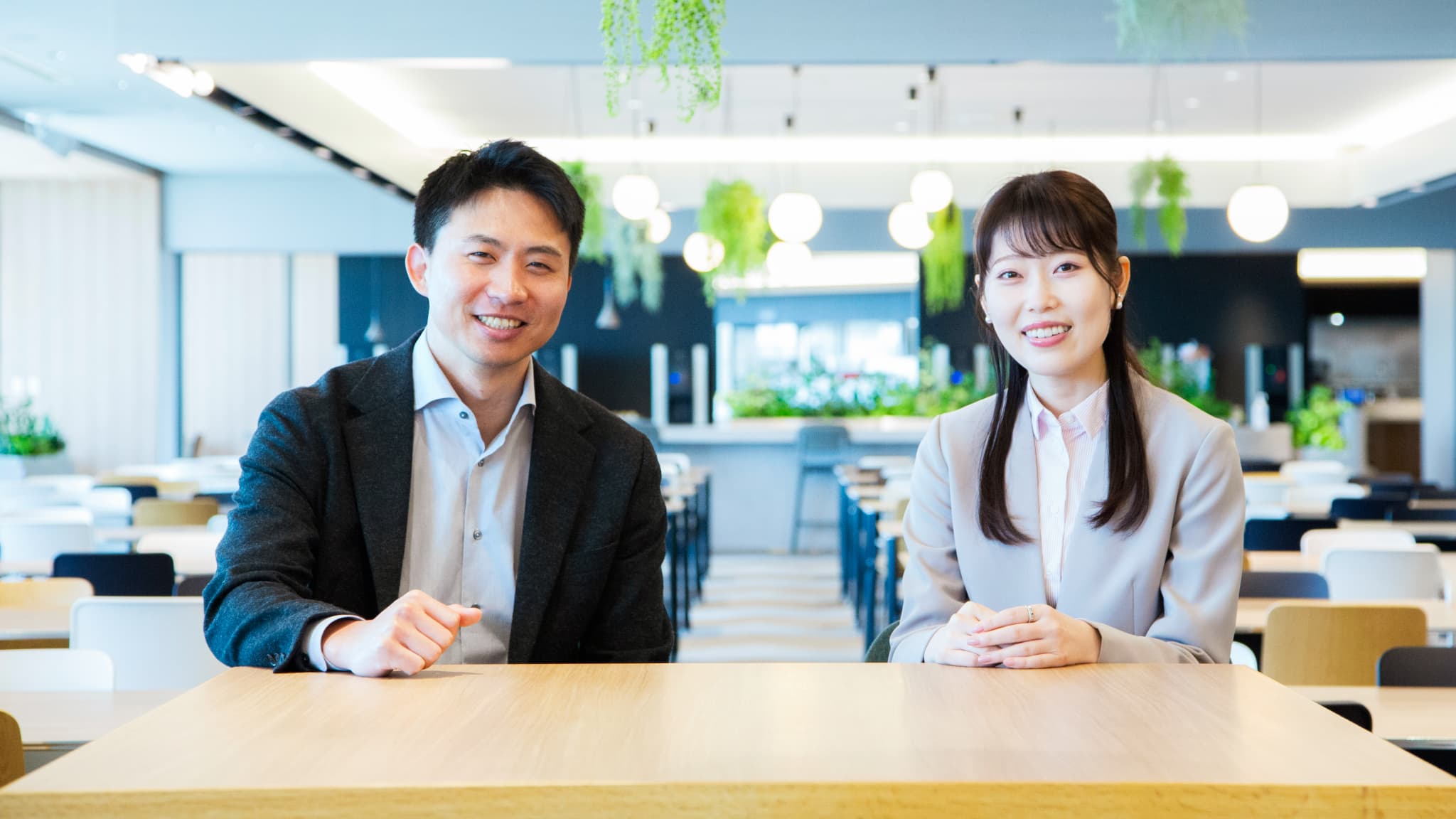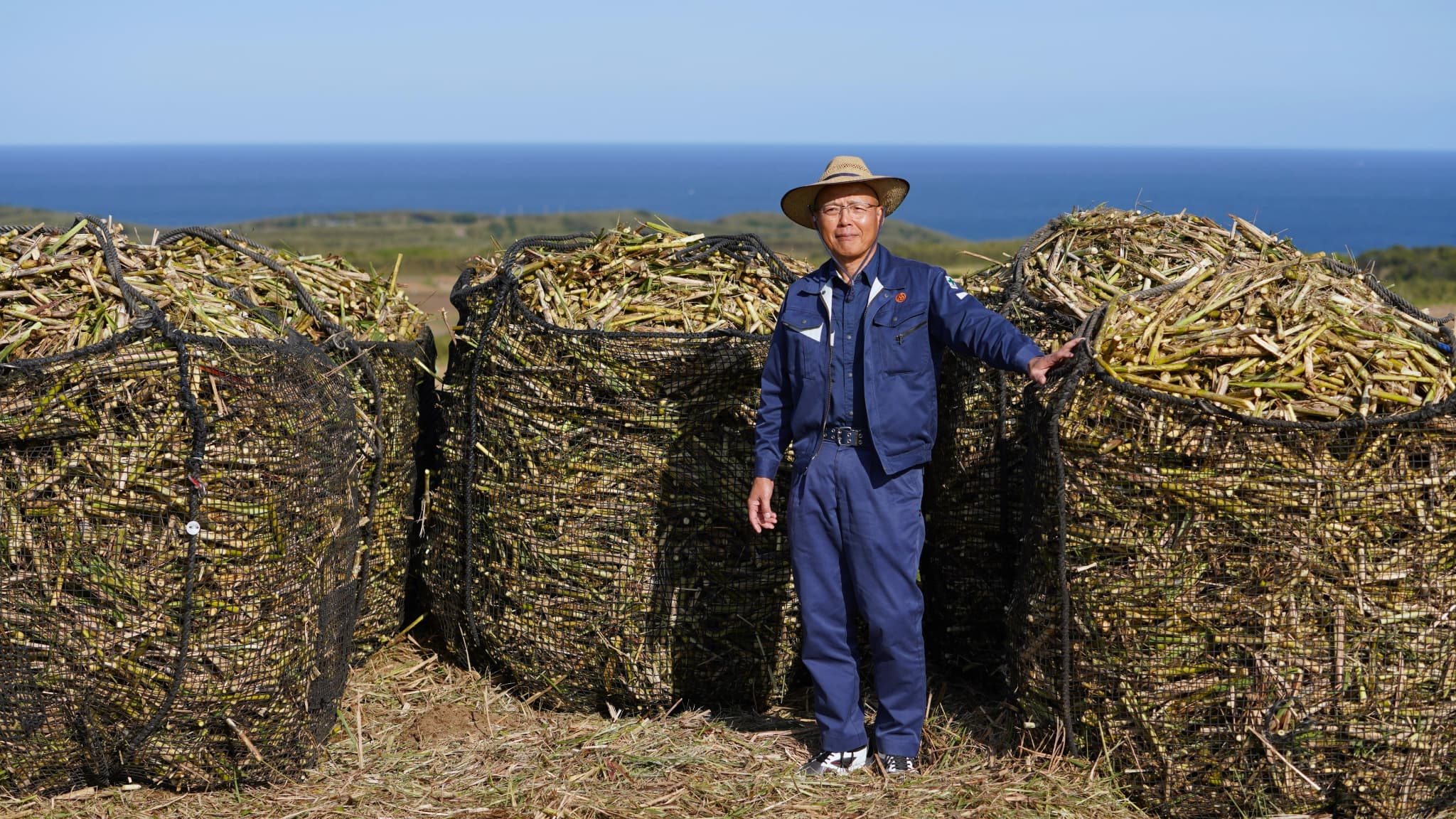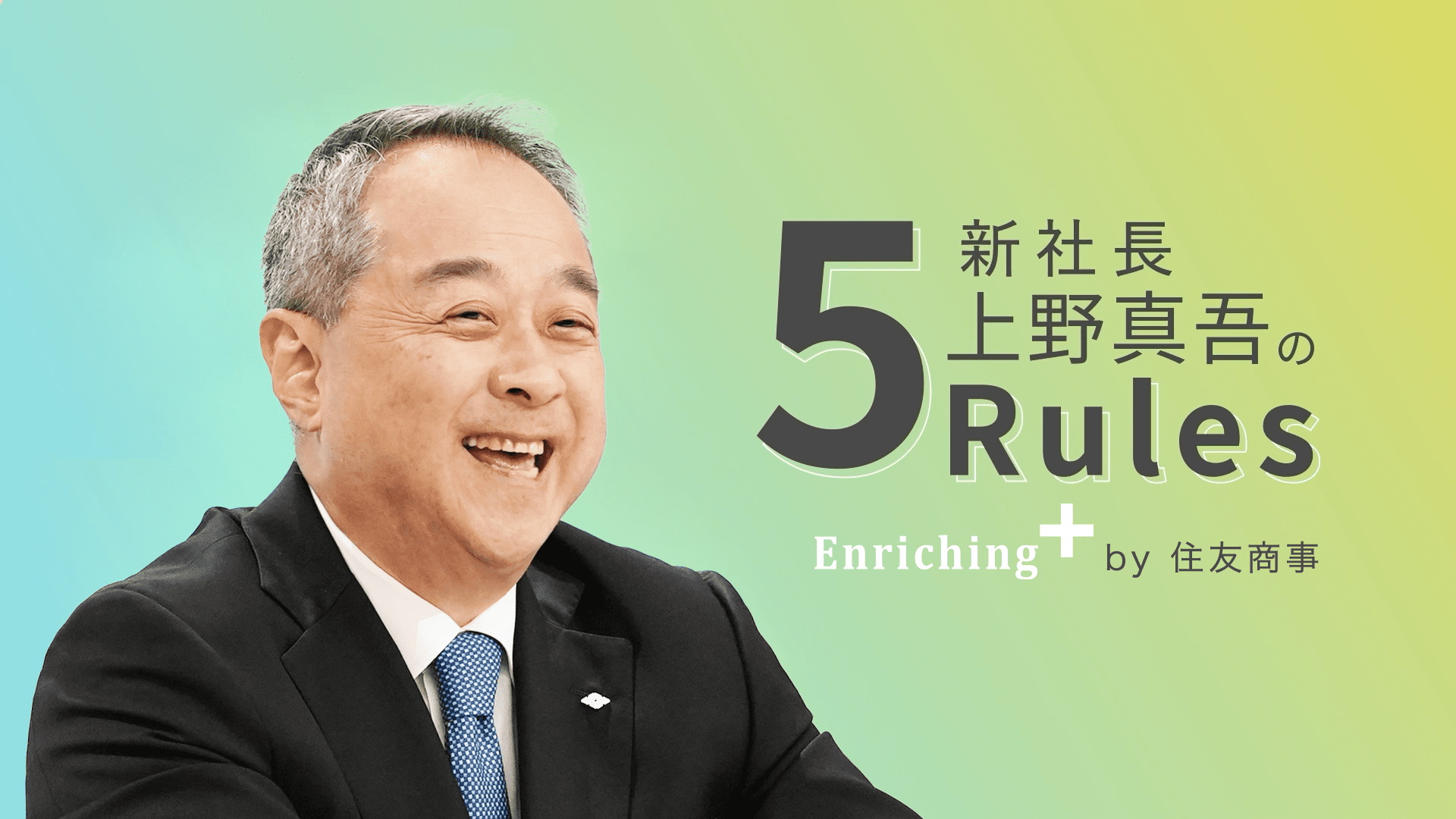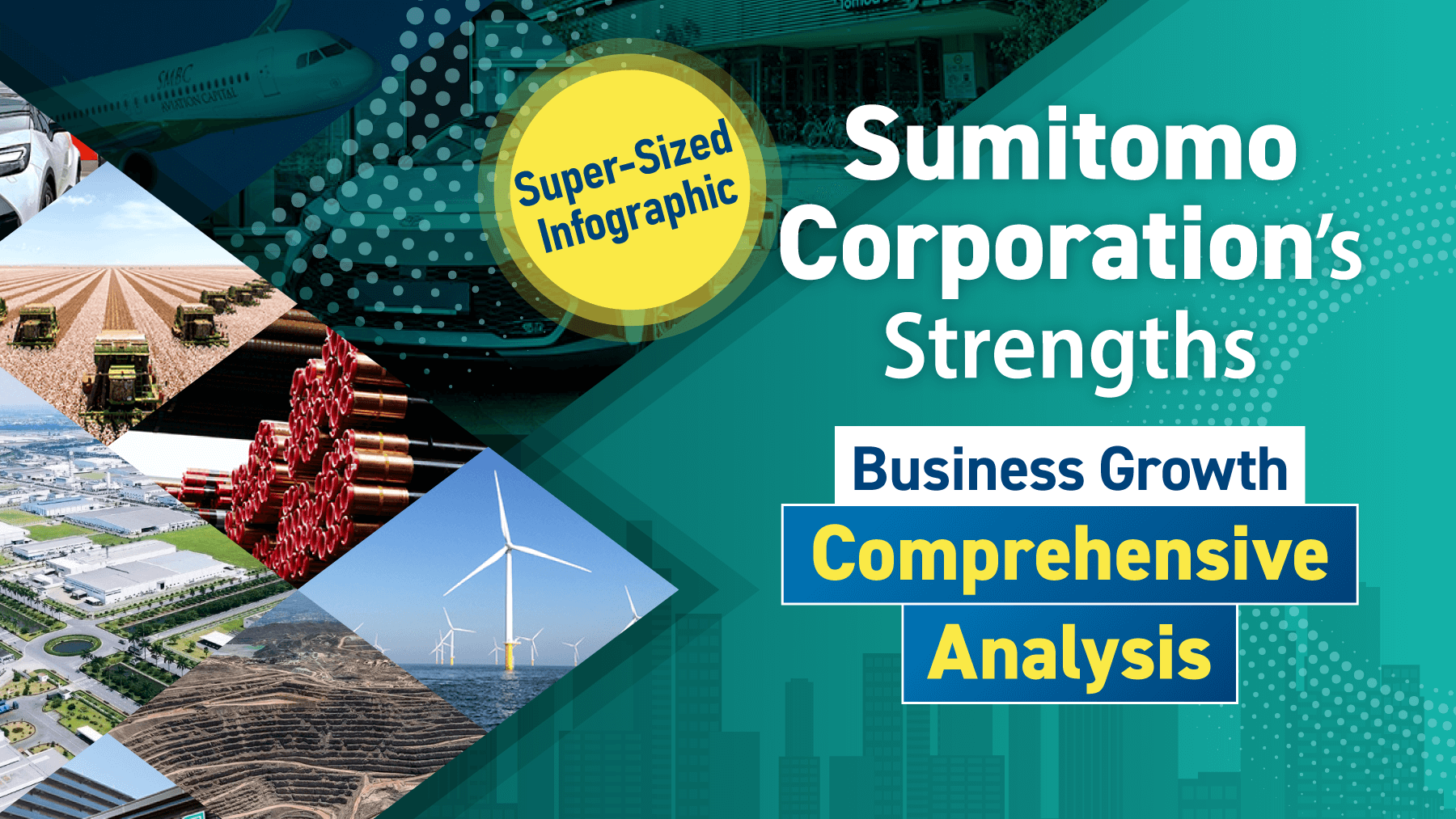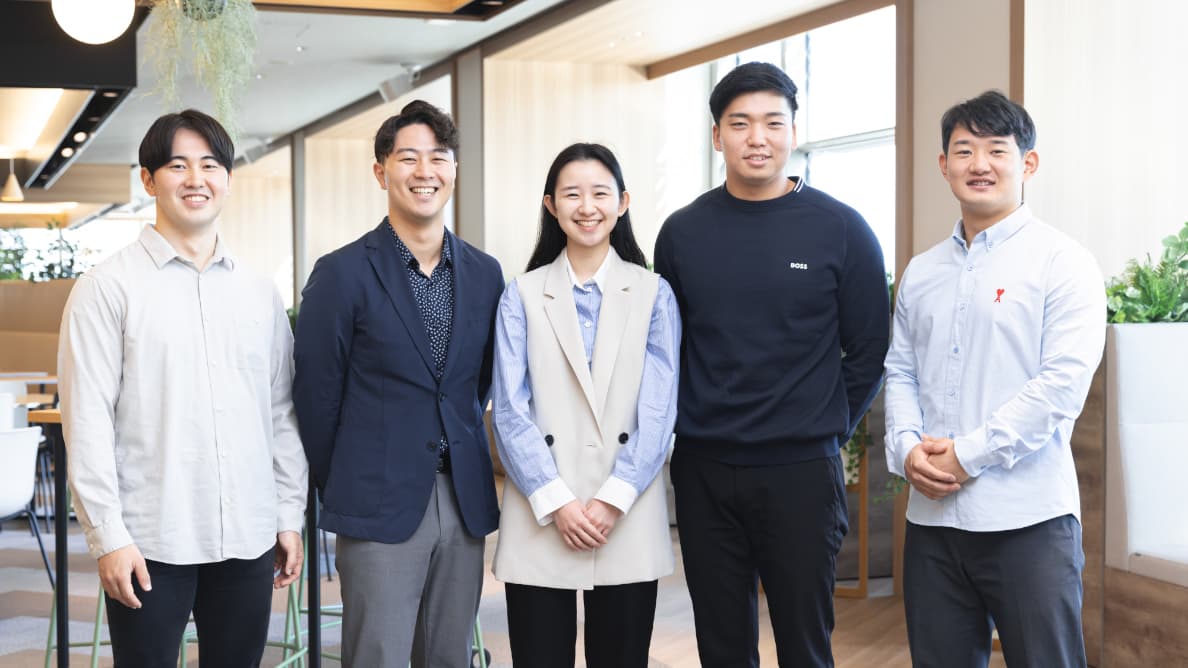
- TOP
- Enriching+TOP
- Enhancing Japan's Value on the Global Stage: The Goal-Driven Career Journey of a Sumitomo Corporation Alumni Who Founded a Global Startup in His 20s
2025.11.10
Culture
Enhancing Japan's Value on the Global Stage: The Goal-Driven Career Journey of a Sumitomo Corporation Alumni Who Founded a Global Startup in His 20s
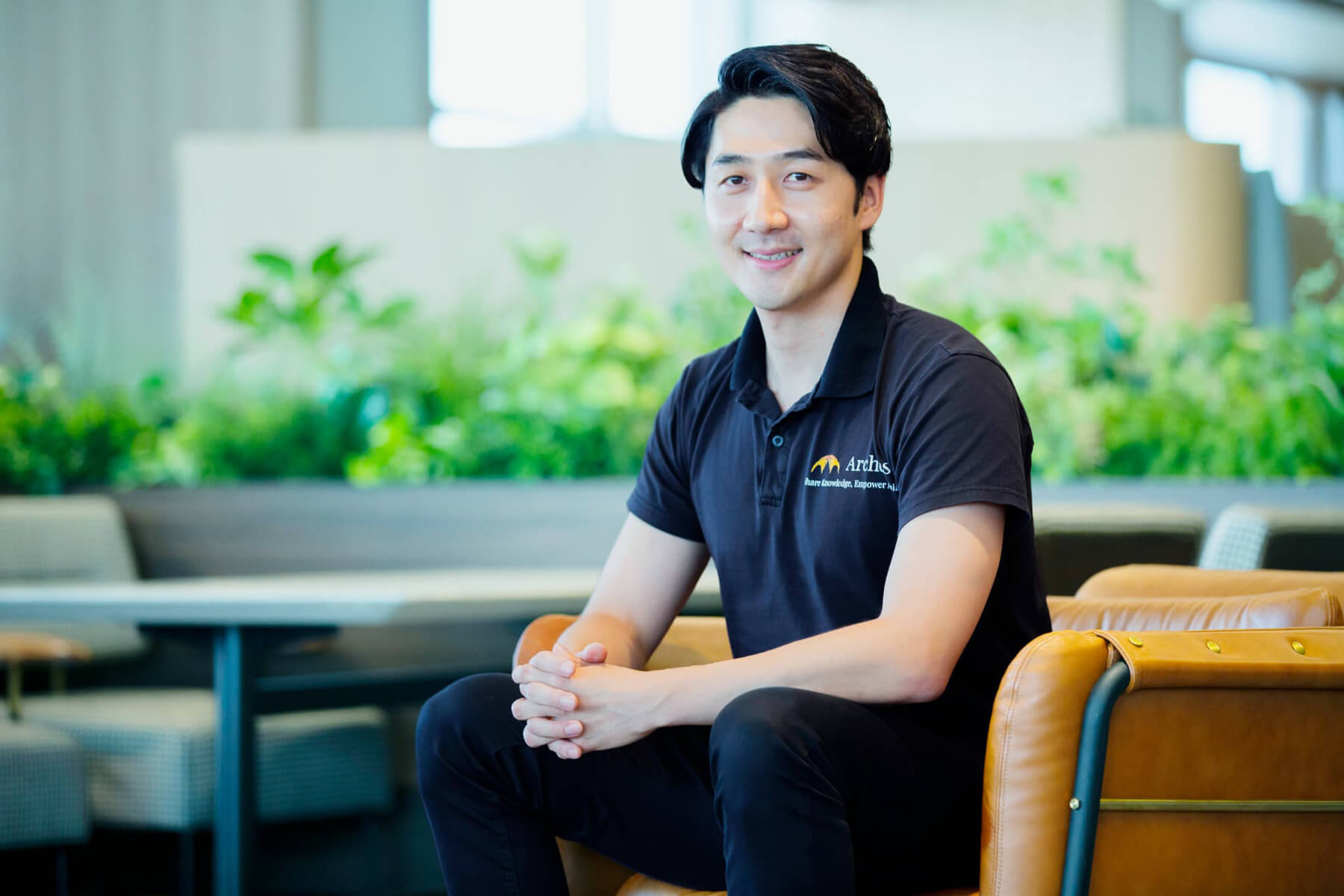
This series shines a spotlight on alumni employees who thrive in companies and fields outside of Sumitomo Corporation. Today we spoke with Hiroki Kato, who left Sumitomo Corporation during his third year with the company in 2016 to establish Arches Corporation, a global startup providing a knowledge-sharing service. Kato continues to pursue his lifelong ambition: to enhance Japan's value on the global stage. Today we explore how he shaped his career with that goal in mind from his 20s until today.
-
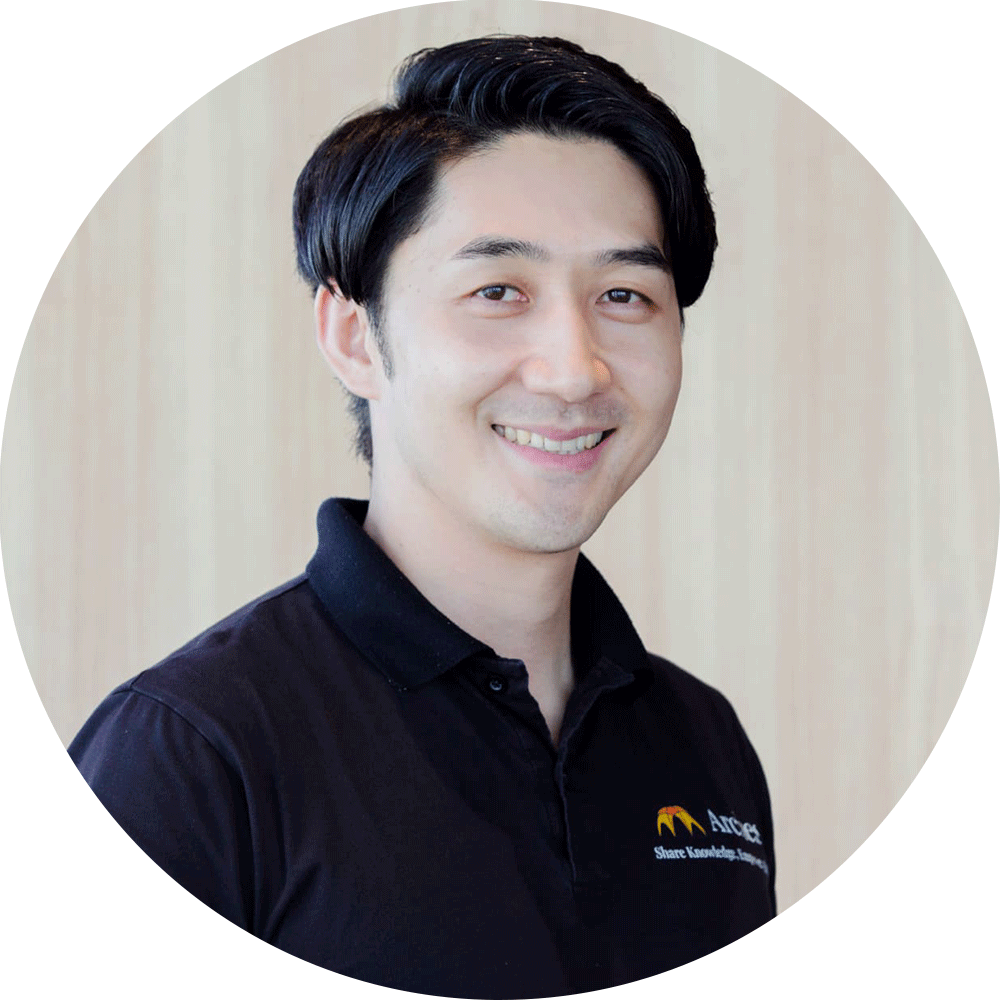
Co-Founder / Chief Executive Officer, Arches Corporation
Hiroki Kato
Kato joined Sumitomo Corporation as a new graduate in 2013, where he was involved in energy investment projects in the United States and new business development. In 2016, he joined the consulting firm YCP, helping to launch its Vietnam office. He founded Arches Corporation in 2019 and now leads a team of 250 employees across eight global offices while traveling extensively between them.

Meaningful Work on a Grand Scale at Sumitomo Corporation
To begin, what originally led you to join Sumitomo Corporation?
My father was a government official, and my older brothers worked in government-affiliated finance and trading companies, so conversations about "how Japan's industries should evolve" and "how to compete overseas" were common in our home. From an early age, I was proud to see Japanese companies like Toyota and Sony abroad, and I developed a life mission to help maintain Japan's economic presence globally. When job hunting, I focused on two criteria: companies that contribute to Japan and companies where I could truly thrive.
While I also explored manufacturers, finance, consulting and public institutions, I ultimately chose an integrated trading company because it competes through "people," not products or technology. As a liberal arts graduate without technical expertise, I felt there was room for me to succeed. Among integrated trading companies, Sumitomo Corporation, which is part of a zaibatsu (conglomerate), stood out for its warm, people-oriented culture – something that resonated deeply with me.
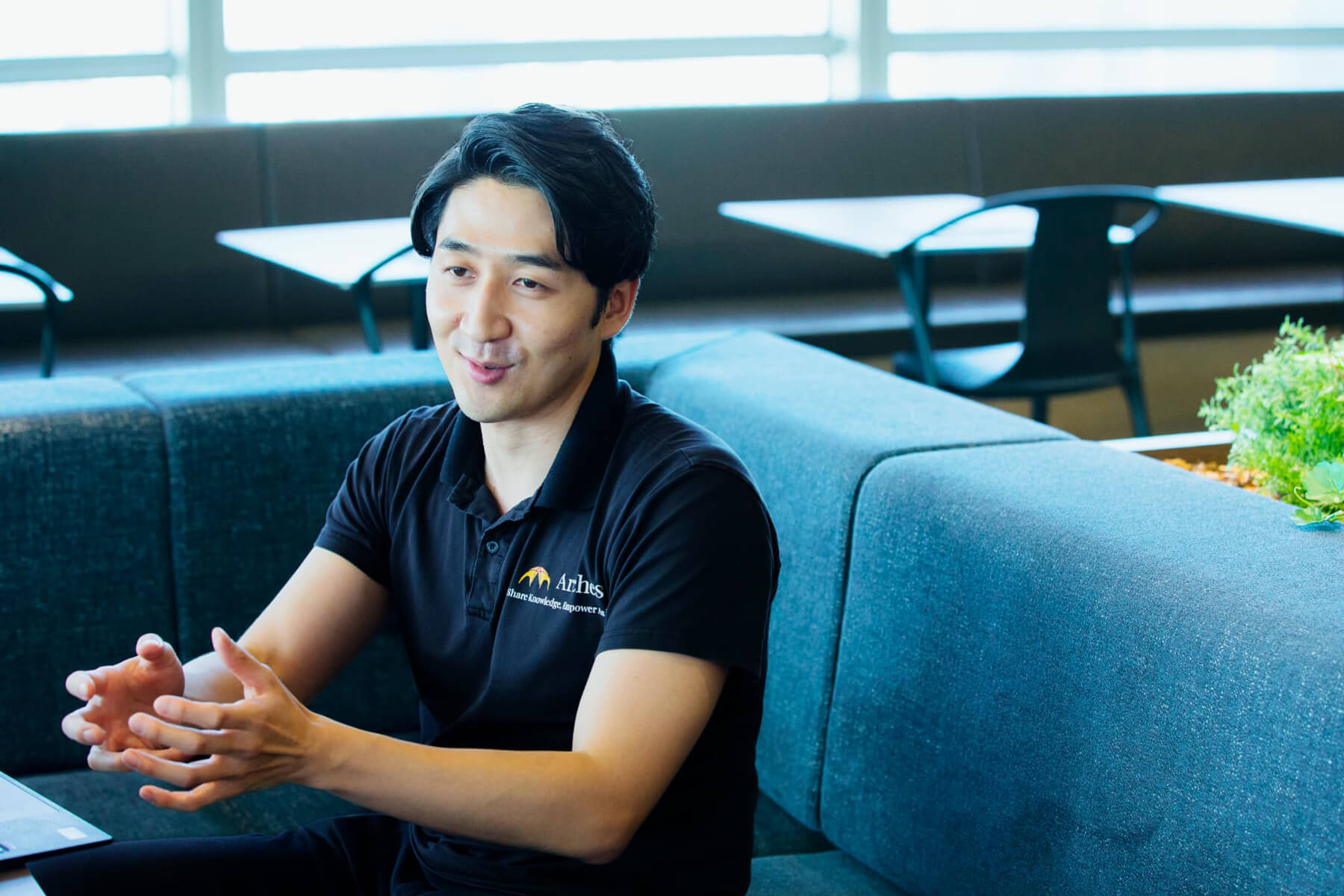
What kind of work did you do at Sumitomo Corporation?
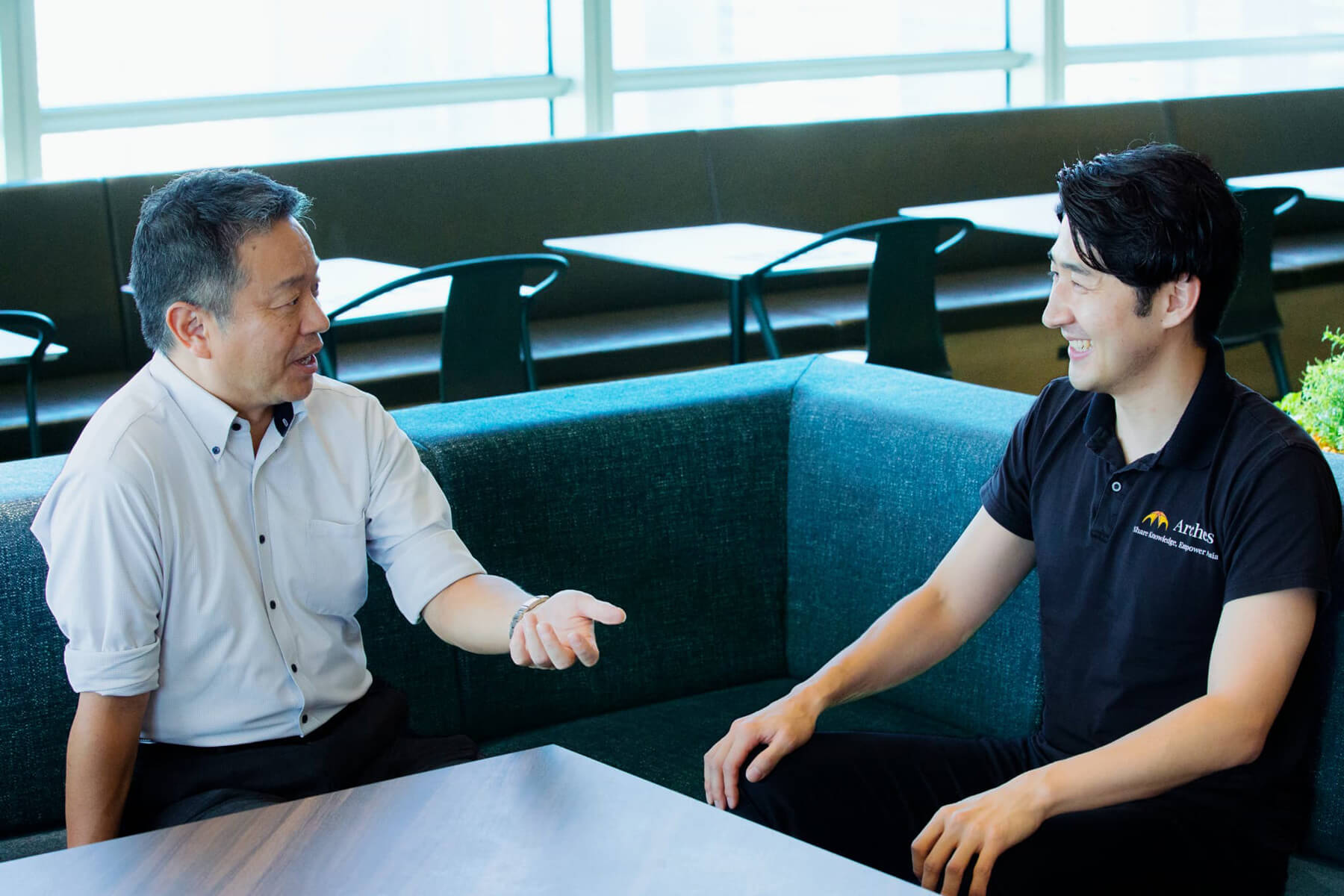
I first joined a team responsible for investment and asset management in upstream shale gas interests within the U.S. supply chain. The project had significant social importance in securing energy resources for Japan, and I found it immensely exciting to be part of such a large-scale undertaking.
In my second year, I moved into new business development. I took the initiative on several projects, working with people both inside and outside the company on everything from conceptualizing new ventures to pitching clients and traveling overseas. The experience allowed me to grow rapidly into a globally conscious business professional.
It sounds like your time at Sumitomo Corporation was very rewarding. What led you to leave after just three years?
I realized that rather than growing within a large organization, I wanted to grow a small one on my own. I believed it would offer faster learning, greater growth and larger returns. Sumitomo Corporation provides an outstanding environment for young employees, but it's also a large, well-structured organization. It takes time to reach a position where you can reshape or build systems yourself. I've always been ambitious and driven, and I wanted to become someone capable of building from the ground up. Today, startups can attract technology, funding and talent, and scale quickly. That felt like the right path for me.
I joined YCP, a consulting firm where I could both gain consulting experience and learn about startup growth. I had interned there during university and greatly admired the founding CEO. He had started his own company at 29, and I set myself the same goal – to become an entrepreneur before turning 30.
Founding Arches: Combining Business With Sumitomo Corporation’s Spirit of "No Pursuit of Easy Gains"
You founded Arches in your late 20s. What does the company do?
In short, Arches is a global knowledge-sharing platform that connects companies with the expertise they need. We match clients with specialists who have specific, practical knowledge, often through one-hour interviews that allow companies to tap into insights directly.
We started by bridging knowledge gaps across Asia – especially in markets like Southeast Asia, China and Korea, where language and cultural barriers make access difficult – and have since expanded into the U.S., the world's innovation hub. Our service has even been adopted by many integrated trading companies, including Sumitomo Corporation, as a way to access expert insight that AI alone can't provide.
Today, Arches has grown into a multinational team of 250 members across 14 countries. We’re building a culture that values our differences and drives results, making cross-border and cross-cultural collaboration part of everyday life. Within the company, we have members in their twenties who have been promoted to managerial positions within six months of joining. We’re very intentional about creating an environment where young professionals can take on challenges and grow quickly.


What experiences at Sumitomo Corporation continue to influence your work today?
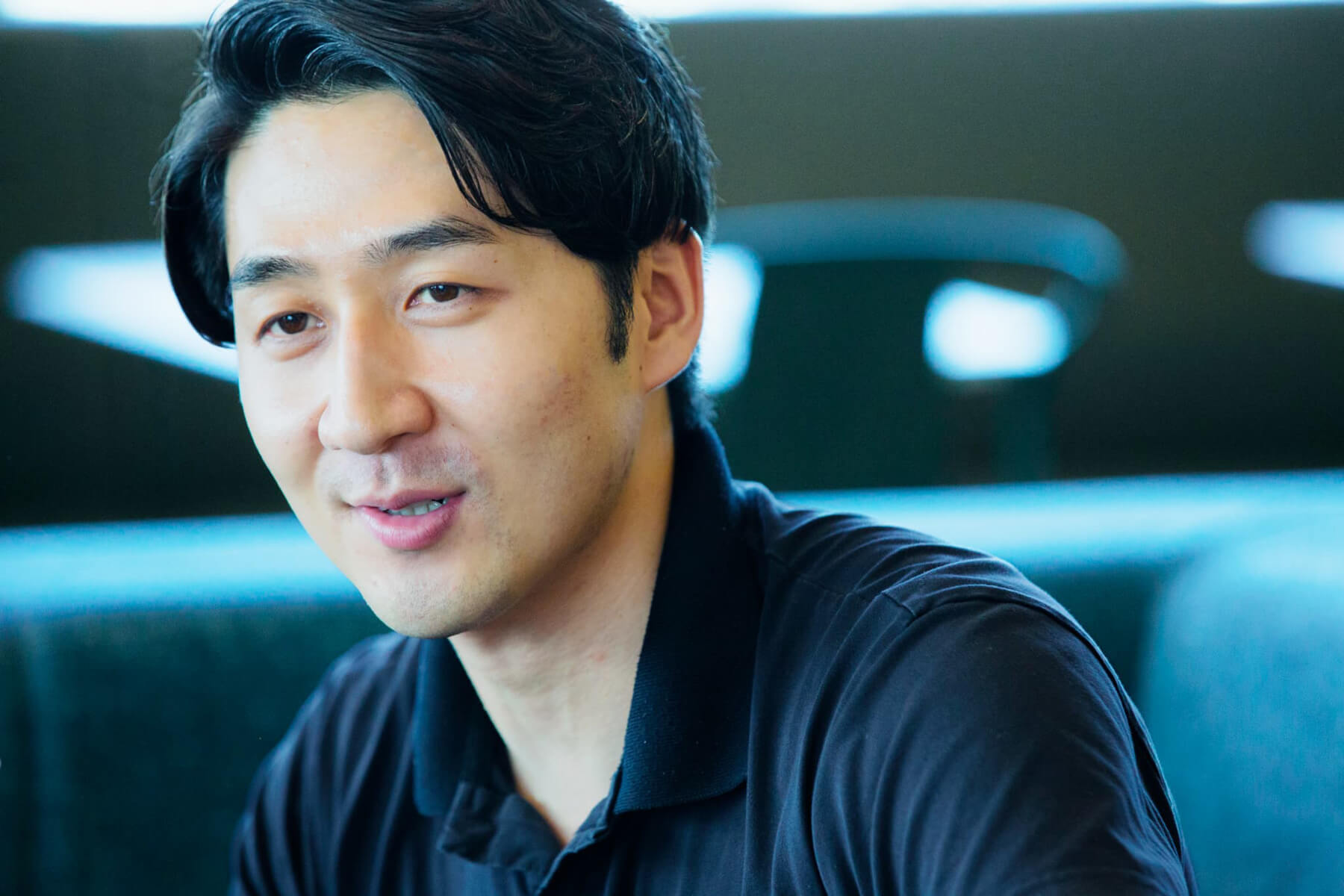
What I gained most from my time at Sumitomo Corporation wasn't technical skill but mindset – especially the spirit of "no pursuit of easy gains," which lies at the company's core. In startups, it's easy to get caught up in short-term profits, but Sumitomo Corporation's employees naturally operate with a sense of mission – creating value for society rather than chasing quick gains. After leaving, I realized how deeply that principle shaped me.
To grow a business and attract talented people and investors, you need a vision for social change and long-term value creation. Having that foundation from the start of my career has been a tremendous asset.
Understanding how large Japanese corporations make decisions and operate has also been invaluable when forming partnerships with them through Arches.
So your perspective naturally broadened thanks to your experience.
Definitely. Some people call me accomplished for founding a company, but the reality is that Arches' added value is still in the low single-digit billions of yen. Meanwhile, many section or department heads at integrated trading companies lead businesses worth hundreds of billions. Having left Sumitomo Corporation, I feel a real sense of responsibility to create value on a similar or even larger scale.
Career Building With a Goal-Driven Approach
What are your ambitions going forward?
I've always had one guiding passion: How can Japan enhance its value on the global stage? Arches was founded as part of that mission – to democratize knowledge globally. In the future, I want to integrate human expertise with AI to create systems that help companies make better decisions across industries and regions. Eventually, I hope to leverage that experience to contribute to national policy and governance in Japan.

At Sumitomo Corporation, employees are encouraged to take an active role in designing their own careers. What advice would you give to younger professionals who may be struggling to find their path?
My biggest message is: be goal-driven. Since my student days, I've always thought about what I want to achieve in life and have built my career by working backward from that vision. When your goal is clear, motivation becomes steady, it's easier to engage others and your output naturally grows.
Start by articulating your life mission. It can evolve over time; it doesn't have to be perfect or permanent. But setting even a tentative goal – and revisiting it regularly – helps you grow in the right direction.
I sometimes receive career questions from current Sumitomo Corporation employees, and of course, goals differ for everyone. But in most cases, I tell them, "You're probably better off staying." A company is a means of realizing one's purpose – a way to create social value efficiently. Sumitomo Corporation, with its scale, infrastructure and impact, offers a unique and powerful platform for doing just that.
In my case, I chose entrepreneurship because it best aligned with my own goals. But giving up out of dissatisfaction or frustration rarely leads to success. If you define your goals, give it your all and still realize you're misaligned, that's when you should decide whether to adjust your goals, or the means to achieve them. In other words, whether to transform from within, or take on new external challenges.
Finally, what principle guides your approach to career and growth?
To me, the essence of a career doesn't lie in the "input" – skills, remuneration or recognition – but in the "output" of how much social value you can create. When you act with an output-driven mindset toward your life mission, and continually refine both your goals and your methods, you'll naturally achieve growth and results. I truly believe that.
Whatever path you take, if you consistently deliver value, recognition and rewards will follow. This intersection is where fulfillment, self-realization and ultimately a rich, meaningful life begin.

